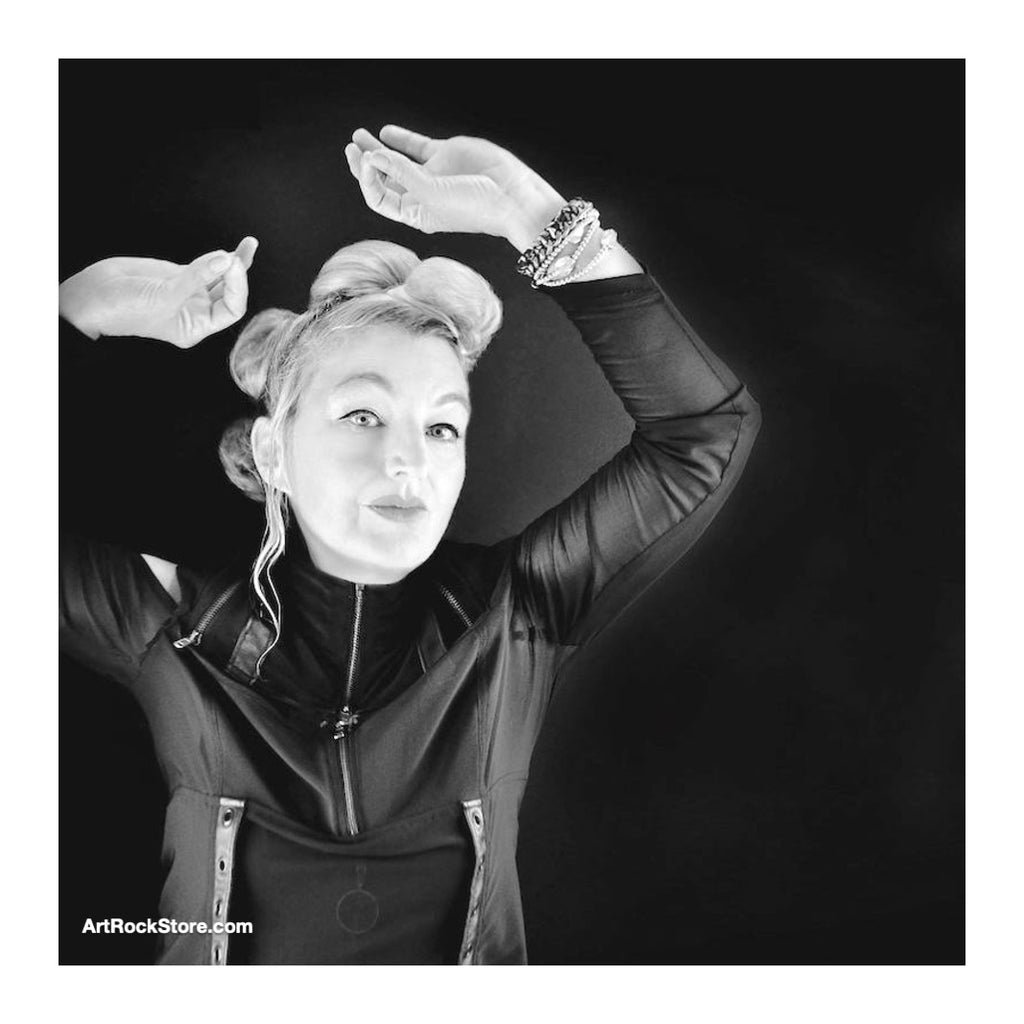
Jane Siberry | Artist
Jane Siberry Stewart is a Canadian singer-songwriter born 1955 in Toronto, Canada. As an art-pop chanteuse who stands outside the traditional boundaries of folk and pop music, Siberry emerged in the early '80s, courting mainstream success with left-of-center hits like "Mimi on the Beach," "I Muse Aloud," "One More Colour," and "Calling All Angels." As the decades progressed, she began weaving elements of jazz and Celtic music into her cosmopolitan sound, which evokes names like Laura Nyro, Kate Bush, Toyah Willcox, Suzanne Vega, and Laurie Anderson, while remaining fiercely independent and releasing her material via her own label, Sheeba Records. Siberry learned piano from the age of four, predominantly teaching herself and developing her own concepts of notation and structure. At school she learned conventional music theory (as well as French horn) and taught herself to play guitar by working through Leonard Cohen songs. Her first song was completed at the age of seventeen, although she had been developing song ideas since much earlier. After highschool Siberry moved on to study music at the University of Guelph, later switching to microbiology, in which she gained a BSc degree. She began performing in folk clubs in Guelph, linking up first with singer Wendy Davis and then with bass guitarist John Switzer in a group called Java Jive. On leaving university, she supported her work as a solo performer by working as a waitress, earning enough to finance and tour her debut album, the folk-influenced Jane Siberry, released in 1981. Assembling a backing band, Siberry recorded her second album No Borders Here (1984) for which she mostly abandoned the folk approach in favour of electronic art-pop. This coincided with a growth in support of new wave and independent music within Canadian broadcast media. The album contained Siberry's first hit "Mimi on the Beach", a 7.30 minute art-rock single. No Borders Here sold 40,000 copies and won Siberry a CASBY award for Best Female Vocalist, as well as giving her the opportunity to play live in New York. As a recording artist, Siberry has gone on to record 16 studio albums, two of which were released under her alias "Issa." Standout albums include Jane Siberry (1981), No Borders Here (1984), The Speckless Sky (1985), The Walking (1987) and the compilation album Love Is Everything: The Jane Siberry Anthology (2002). Siberry's 1993 album When I Was a Boy was influenced by funk, dance and gospel music and featured extensive use of layering and sampler technology, in line with developments in latterday pop music, trip-hop and R'n'B. It also featured what would become Siberry's best-known song, "Calling All Angels", a duet with K.D. Lang which also appeared on the soundtrack to Wim Wenders' film Until the end of the World. Siberry's music draws from a wide variety of styles, ranging from new wave rock on her earlier albums to a reflective pop style influenced by jazz, folk, gospel, classical and liturgical music in her later work. She has cited Van Morrison and Miles Davis as being strong creative influences.
Artist Website: wikipedia./Jane_Siberry
Featured Albums: Jane Siberry
Related Artists: Issa, Northern Lights
